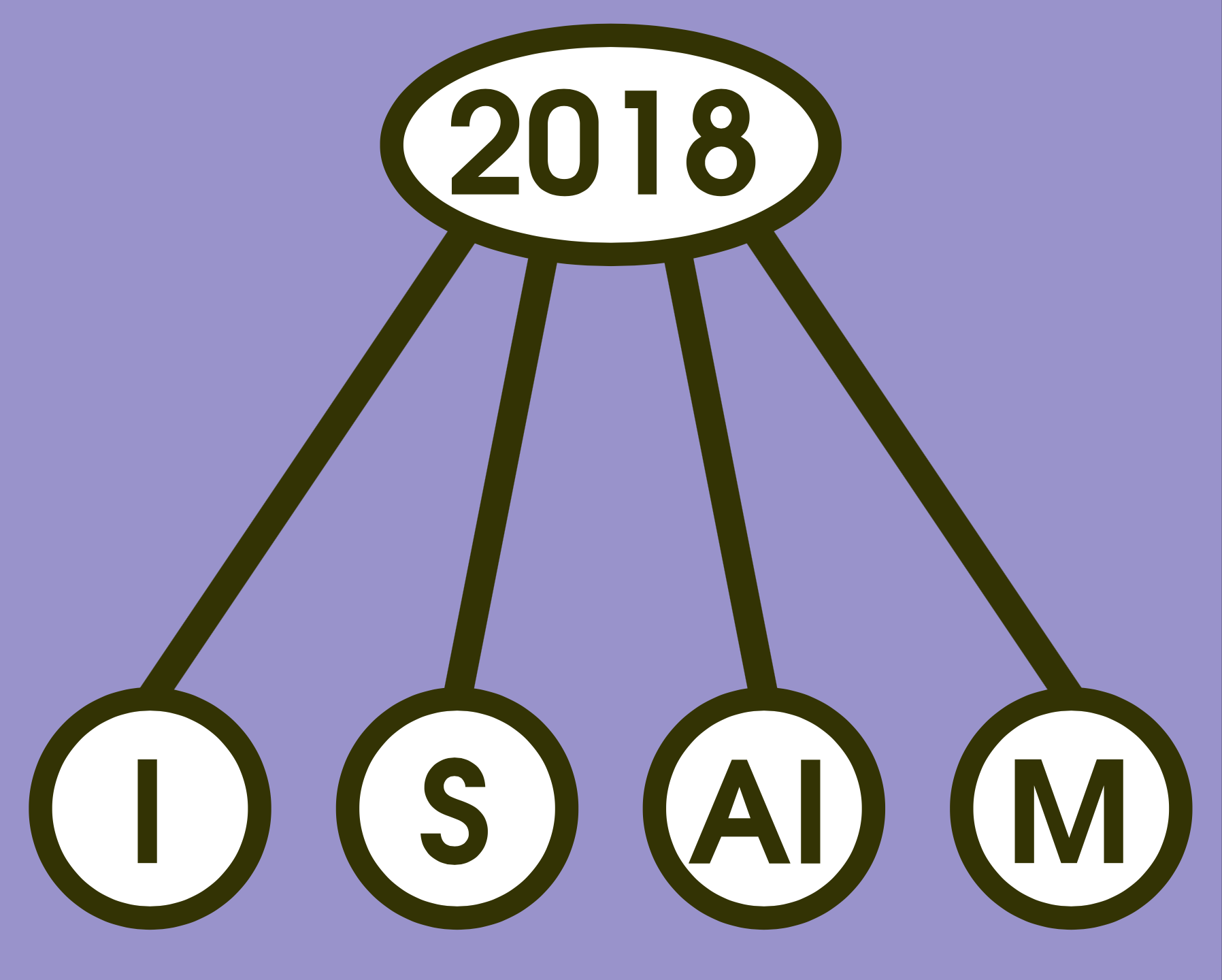Keynote Speakers
More information regarding our Keynote Speakers will be announced in this page as it becomes available.
Craig Boutilier (Google Research)
Title: Markov Decision Processes in Advertising: Some Computational Questions
Markov decision processes (MDPs) and reinforcement learning (RL) are being used increasingly to model and optimize user responses in online advertising over an extended engagament sequence. In this talk, I outline several distinct perspectives on the use of MDPs and RL in this setting---that of ad platforms, publishers and advertisers), outline some interesting modelling and computational challenges, and focus on solutions to several of these challenges. Specifically, I describe some recent work on the following problems: (a) optimizing advertiser budget allocation using constrained MDPs; (b) optimizing long-term user response by augmenting MDPs with logistic response models, and solution techniques for the resulting MDPs; and (c) handling the stochastic nature of available actions (e.g., ads) in MDPs.
* Joint work with a number of people.
Cynthia Rudin (Duke University)
Title: AI Problems That Arise from High-Stakes Decisions: Interpretable Models, Variable Importance, and Hacking Intervals
For the past few conference cycles, ISAIM has been held in Broward County, Florida. Coincidentally, criminological data from Broward county has recently been helping to shape the use of AI for high-stakes decision making. While working with the Broward county data, we have been studying questions such as: (1) "Do we need black box models for recidivism, like those currently used in the US justice system? Or can transparent models suffice?" We have new algorithms for constrained optimal decision trees that allow us to investigate this question. (2) "How important is a variable?" For instance, how important is a person's race for recidivism prediction? (3) "Can there be multiple reasonable models that make opposing (contrary) predictions for a given individual?" For this, we consider "hacking intervals," which are a new, non-generative, type of confidence interval. The answers to all of these questions are work in progress.
This is joint work with Beau Coker, Aaron Fisher, Elaine Angelino, Nicholas Larus-Stone, Daniel Alabi, Margo Seltzer, Gary King, and Francesca Dominici.
